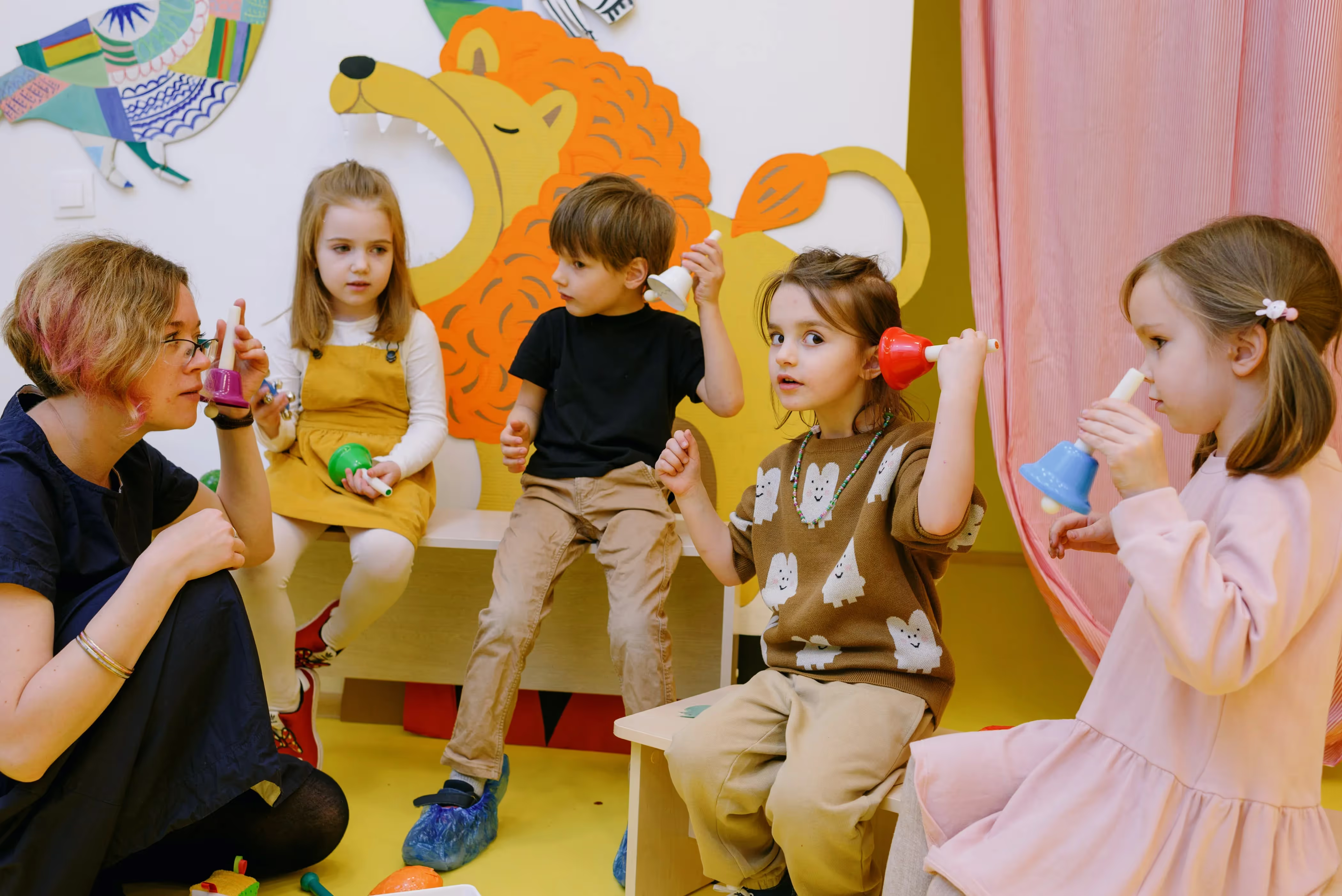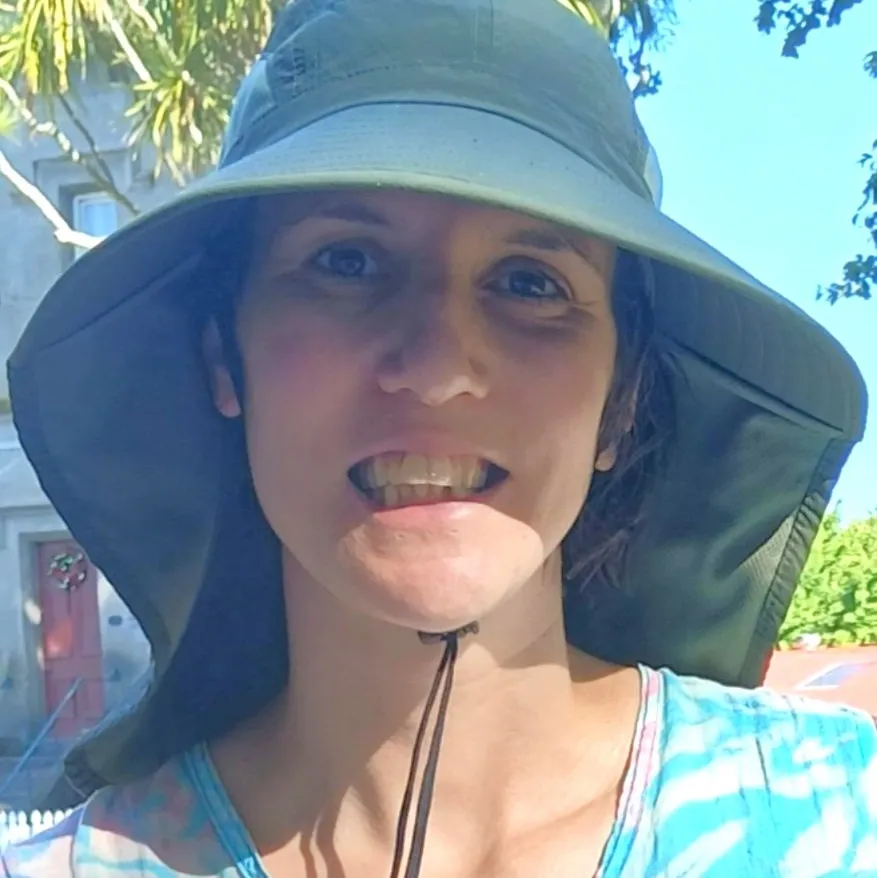

How do I get ORS funding for my child?
What is ORS funding?
The Ongoing Resourcing Scheme or ORS funding is for children in New Zealand schools who have ongoing support needs.
Once a child qualifies for ORS funding, the funding stays with them throughout their time at school.
Who is eligible?
Children who have significant difficulties with, or need significant support with:
- learning
- hearing
- vision
- mobility
- language use
- social communication.
ORS is for children transitioning to school from an early intervention programme, or children aged five to six years old without early childhood education.
Immigrants to New Zealand can also apply.
What does ORS funding cover?
That depends on your child’s IEP (individual education plan) which sets out what support they need. You can learn more about IEPs here.
This might include speech-language, occupational or physio therapists. It might fund additional or specialist teachers who work with the classroom teacher to manage your child’s learning, or a teacher aide, so your child can be more involved in class activities.
The funding should also cover “consumables.” This refers to the wee extras needed every day such as software, stationery (like extra-size pens and pen grips), disposable gloves, and other specialised items. If your child qualifies for ORS funding, the school receives the money to buy these items, so you don’t have to supply it yourself.
How do I apply?
Applications are done by your child’s school, typically by whoever works in special education, usually known as the SENCO or Special Needs Education Coordinator. This can be a mixed blessing. On the one hand, it means the application is one less thing for parents to manage, and because the forms are quite technical, it makes sense to leave them to people familiar with them. On the other hand, it may be harder for you to find out what’s going on with the application process, or if there’s a delay.
You’ll likely be asked to provide information to the school to support your child’s application. This might include letters from your family GP or any specialists involved in your child’s care. An official diagnosis is not required for ORS funding, but it can be useful to include if you have it, as it is evidence of your child’s needs. However, not having a particular piece of paper doesn’t change the fact that your child needs support every day, and they can still qualify for ORS funding even if they don’t have a diagnosis.
Get everyone you know who has been involved with your child to help with your claim – from therapists to doctors to early intervention programmes your child has been involved with. Include all your medical reports. The more information you have, the stronger your application will be.
Most people who make ORS applications approach their job with good faith and a true intention to support your child. However, there may be a hiccup or two along the way, especially if the school is understaffed, like many are these days.
The school should keep you informed about the application process and you’re entitled to see what information is on your child’s application. If you’ve been waiting for an update, email or call the school, or pop into the office just before pickup. You’re not making a fuss, you’re advocating for your child and checking the school is doing their job.
The process of assessing a funding application is quite complex, with lots of people involved. You may be asked to provide further information if the team assessing your application requests it. The Ministry of Education may send someone to visit your child in school as part of the process.
What happens after funding is approved?
Once funding is available, someone at the school (probably the SENCO) will coordinate resources allocated to your child. This will be an important relationship to manage, as being on the same page makes sure the support your child receives is most useful.
If you’re unhappy with how support is being managed for your child, talk to the school in the first instance. Try not to assume the worst – you and the school are on the same team, both trying to support your child, and it may be that the school is just as frustrated as you are. Your child’s needs might have changed, or the funding might be insufficient to meet those needs. If this is the case, you and the school can work together to request a review of your child’s funding.
What if my ORS funding application is unsuccessful or only partially successful?
As ORS funding is limited to a small number of students, applications may be
- Partially successful: your child’s application was approved but for less funding than you hoped.
- Unsuccessful: your child’s application was declined, and no funding is available.
Once a decision on the application has been made, a letter is sent to the school and to the parents. If your child’s circumstances change, or there’s new information relating to their eligibility (for example, a new diagnosis), then the application can be reviewed or a new application made.
Reviews can be requested within six months of receiving the decision letter. If it has been longer than six months, the school will need to make a new application.
What do I do if my funding application is declined?
If your child’s application is declined or is only partially successful, you’re probably going to be disappointed. Give yourself some time to deal with feelings of frustration or exhaustion before deciding where to go from there. What you feel able to do will depend on your energy levels, what support is available from whānau and community, and other demands on your time.
You might decide to accept the decision and just move on for now. This is understandable, especially if you’re exhausted or burnt out.
Alternatively, you might have enough energy to write an email requesting a review, and then give yourself permission to take break. Be kind to yourself.
Remember, a declined application doesn’t have to be the end of the process. Further information about your child’s needs can be used to support a review or a new application. You might go through the application with members of your child’s support team such as specialist therapists, your GP, or the school and decide together where to put your energy in finding new information to support a future application.
Can I appeal my ORS funding decision?
If you’ve been through the review process, provided all available information about your child, and still the application was declined, then there’s one final appeal process you can go through under section 47 of the Education and Training Act 2020.
The appeal is managed independently of the verification team and will be run by an independent arbitrator.
You’ll need to speak to someone at the Ministry of Education to see if this appeal process is appropriate for your child’s situation.
Unlike the previous process, appeals are not made by the school. Only caregivers or whānau of the child can make them. But as always, being on the same page as the school, where they support the application, may be useful.
If you think you need to make a section 47 appeal, consider what support is available to you. Arbitration processes can be intimidating and so it’s good to know what to expect. Consider approaching anyone in your whānau or community with experience in advocacy work or see if anyone at the school has dealt with such an appeal before or can put you in touch with other parents who have. Reach out to all the support networks and communities you are part of, including Awhi, to see if you can find other parents who can share their experiences.
Other support
If your application for ORS funding is unsuccessful, there are still other supports available you should try. Your SENCO or Learning Support coordinator should let you know about these, including High Health Needs (for example, if your child soils their nappy due to a disability, they could get teacher aide funding through High Health).
Here’s the criteria for High Health Needs funding.
If your child receives support from other services at home, check if they also provide support at school.




